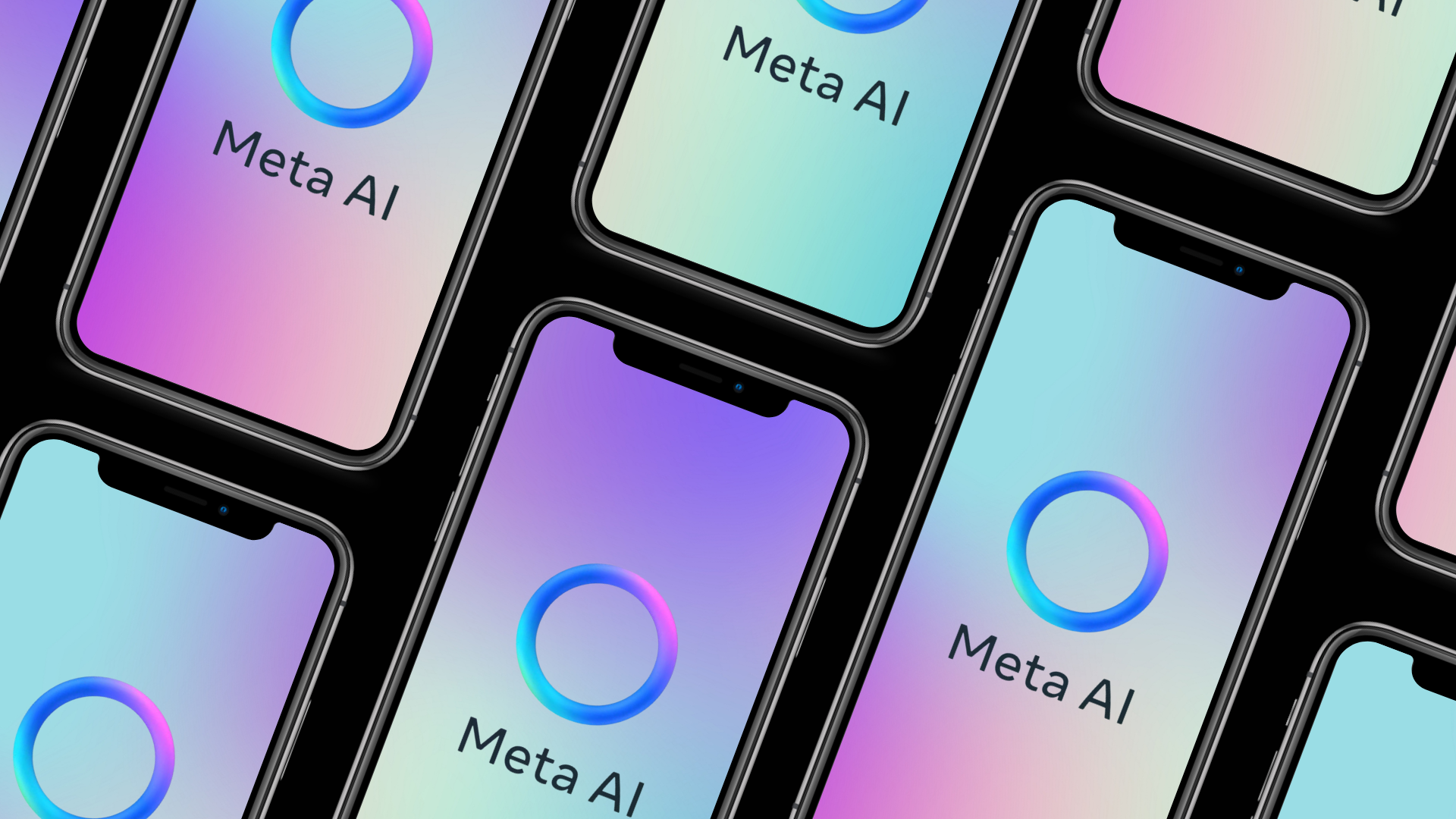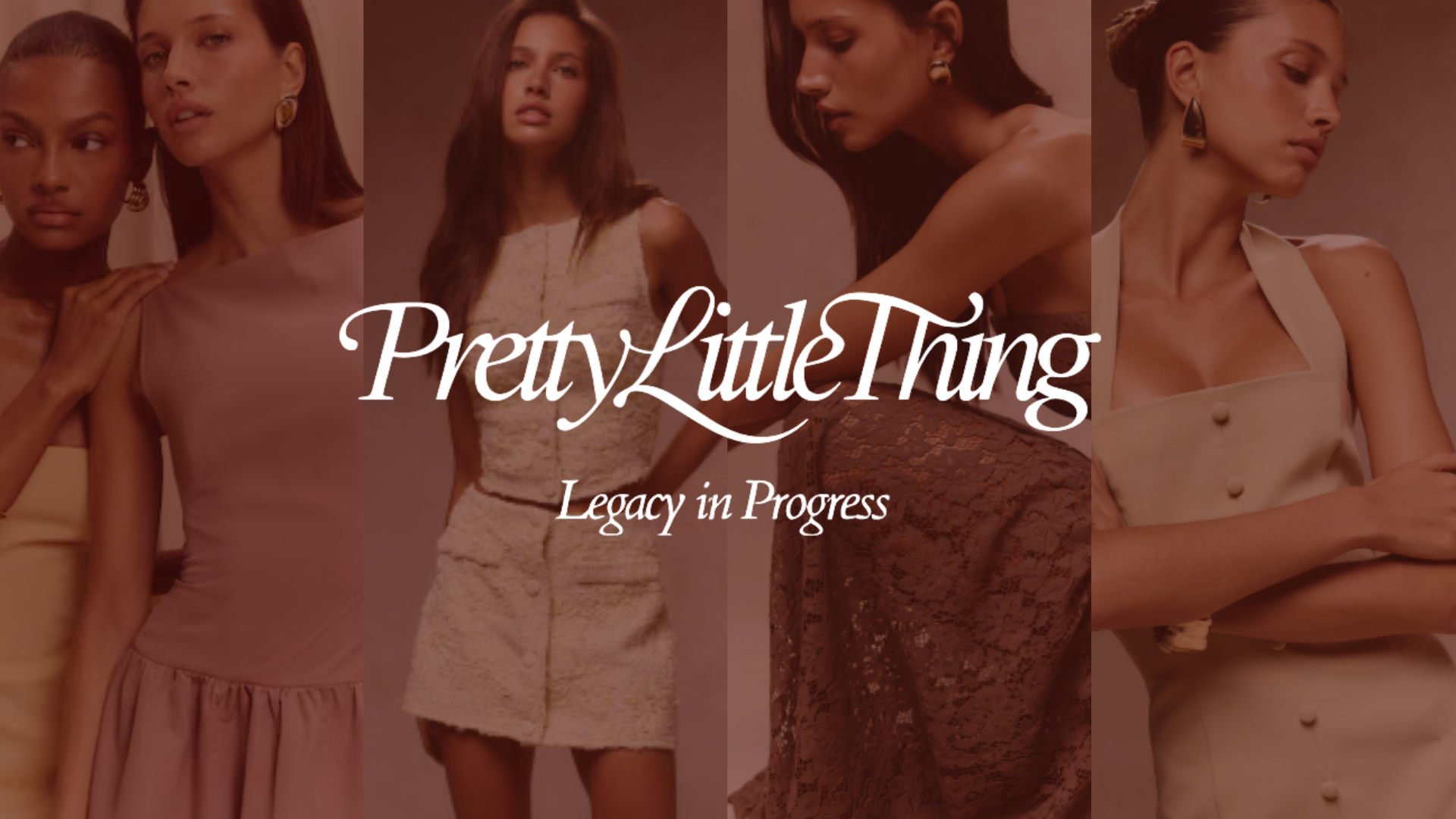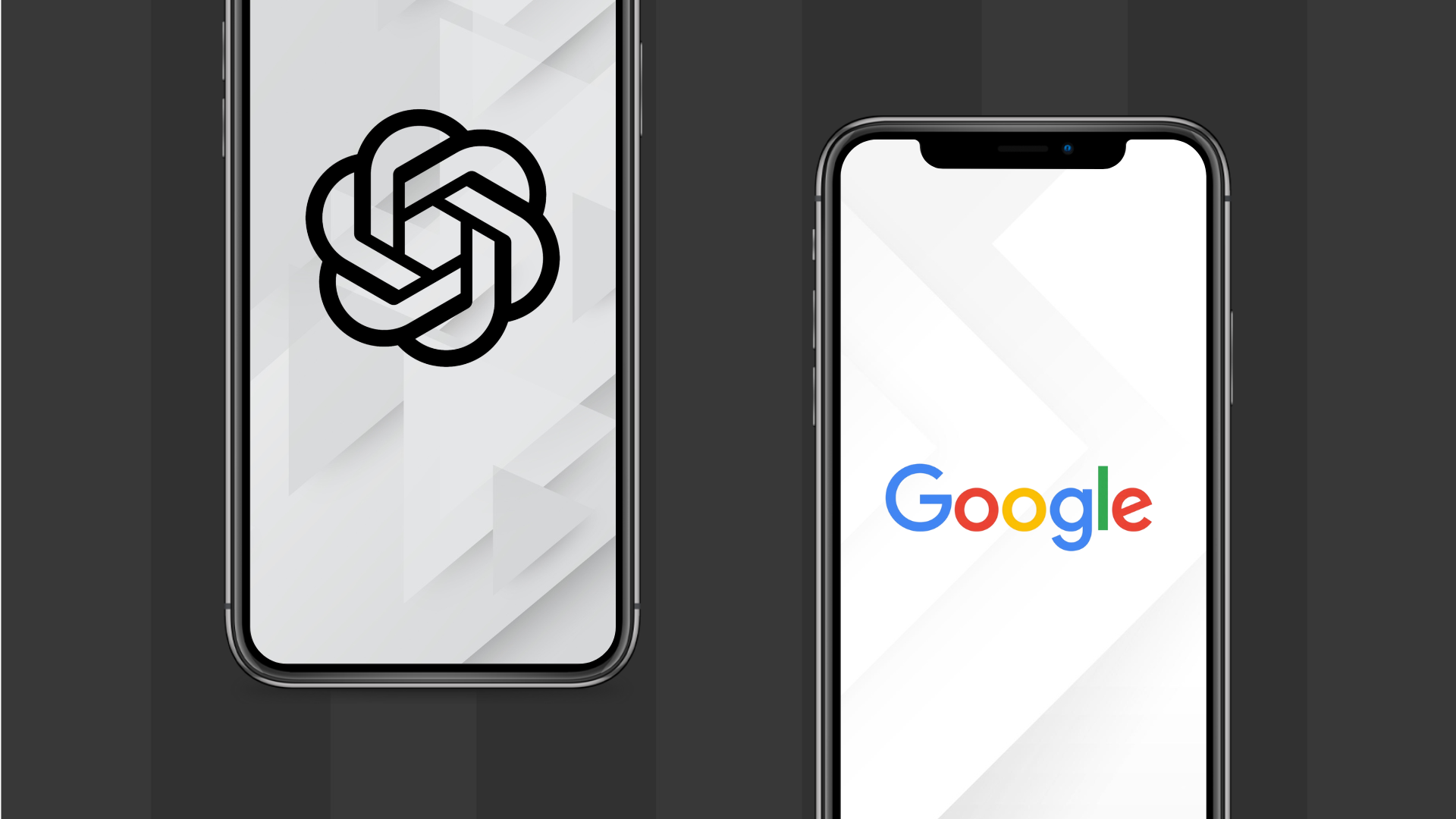The Future of Meta AI: How is AI Going to Affect Social Media and Marketers

Meta is making some huge moves in the world of artificial intelligence, with CEO Mark Zuckerberg announcing last month that the company plans to invest up to $65 billion to build out its AI infrastructure. This would include creating a massive new data center. By the end of 2025, Meta expects to have over 1.3 million powerful GPUs (the hardware that helps run AI models) at its disposal. (Source: MSN Article on Zuckerberg's AI Investment)
2025 will be a game-changing year for AI. Zuckerberg expects Meta's AI assistant to help over 1 billion people, and the company's new Llama 4 AI model is set to be a leader in the field.
This massive investment in AI is a huge deal for Meta and could have a huge impact on the way social media and digital marketing work. With all this new power, marketers will have access to even more advanced tools for targeting, content creation, and analytics. As meta continues to evolve it's clear that AI will play a central role in shaping how we interact with social media and how businesses will be marketing their brands.
What the advancements will mean for marketers?
Meta’s latest earnings report shows that advertising across platforms like Facebook and Instagram is doing really well. Ad impressions went up by 6% at the end of the year, and the price for ads rose by 14%. But what’s catching a lot of attention right now is how Meta is using generative AI in advertising.
Generative AI tools—think AI that creates images, videos, and text—are becoming a big part of Meta’s advertising strategy. Over 4 million advertisers are already using at least one of these AI tools. This shows that more businesses are getting on board with AI to make ads that feel fresh and creative. (Source: Marketing Dive)
Mark Zuckerberg has said that 2025 will be a “defining” year for AI, as Meta continues to improve its systems and bring in new tech from competitors. The company is all in on making AI work for ads, and this could convince even more advertisers to give it a try.
Meta is also bringing ads to its new app, Threads, which is trying to compete with Twitter (now X). While Meta doesn’t expect Threads to make a huge impact on revenue next year, it’s clear that they’re setting it up for growth in the future.
In short, Meta’s betting big on AI to change the game for digital advertising. As the tools get better, more advertisers will likely jump in, making AI a bigger part of the marketing world in the years to come.
What Meta is doing for marketers right now
Meta is making marketing easier and more effective with several tools:
- Generative AI Tools: Marketers can use AI to quickly create images, videos, and ad copy, saving time and boosting creativity.
- Ad Personalization: AI helps tailor ads to each user’s interests, leading to better targeting and engagement.
- Automation: Meta’s automation tools optimize budgets, placements, and audiences, making campaigns more efficient.
- New Ad Formats: From Stories to shop-able posts on Instagram, Meta is constantly rolling out creative ad options.
- Threads Ads: Ads are now on Threads, giving marketers a chance to experiment with this growing platform.
Looking ahead
Meta is clearly betting big on AI to shape the future of social media and digital marketing. With powerful tools that make ad creation easier, more personalized, and high efficient, it's no surprise that more marketers are jumping on board. As AI continues to evolve, it will likely open up even more possibilities for creativity and connection. Whether you are a small business or a global brand, staying updated with Meta's AI advancements could be the key to staying competitive in an ever-changing digital world.


